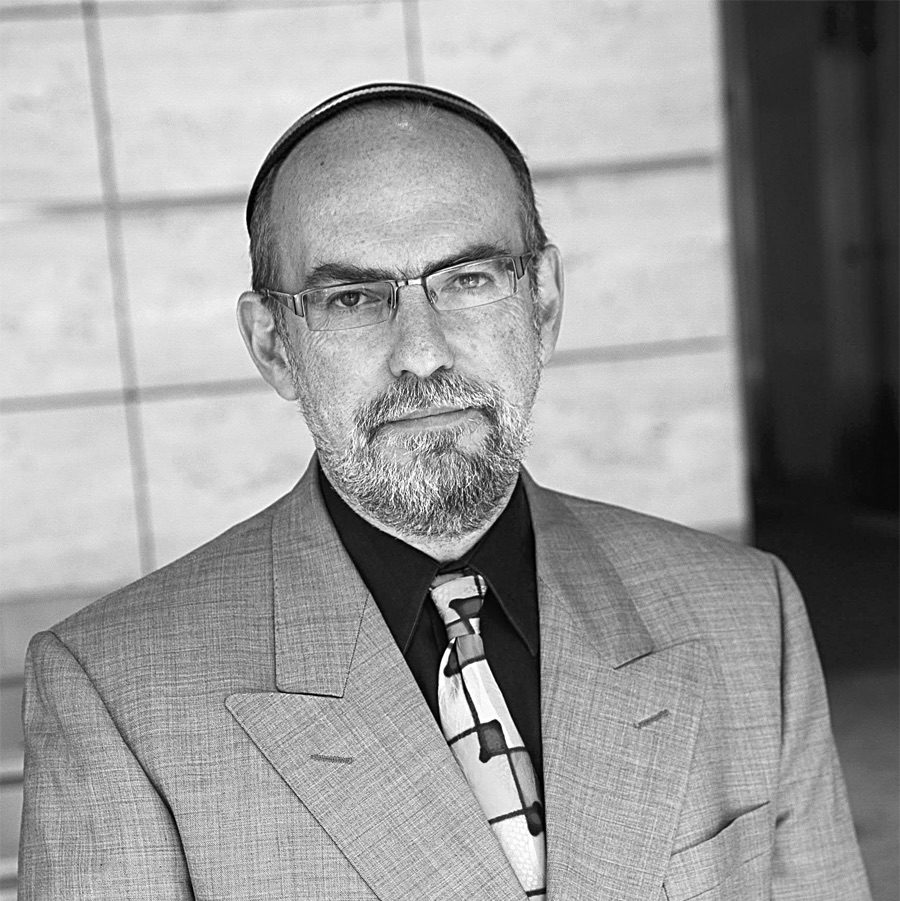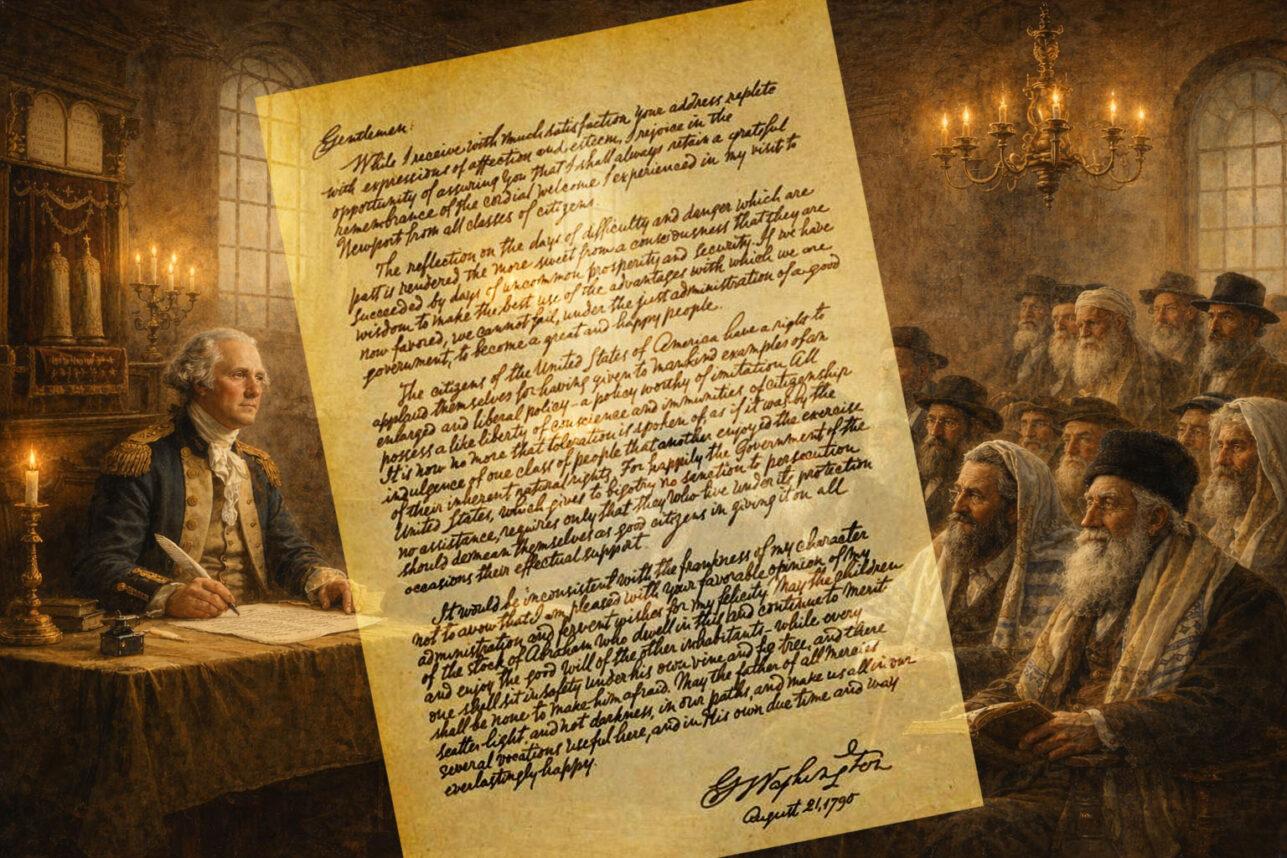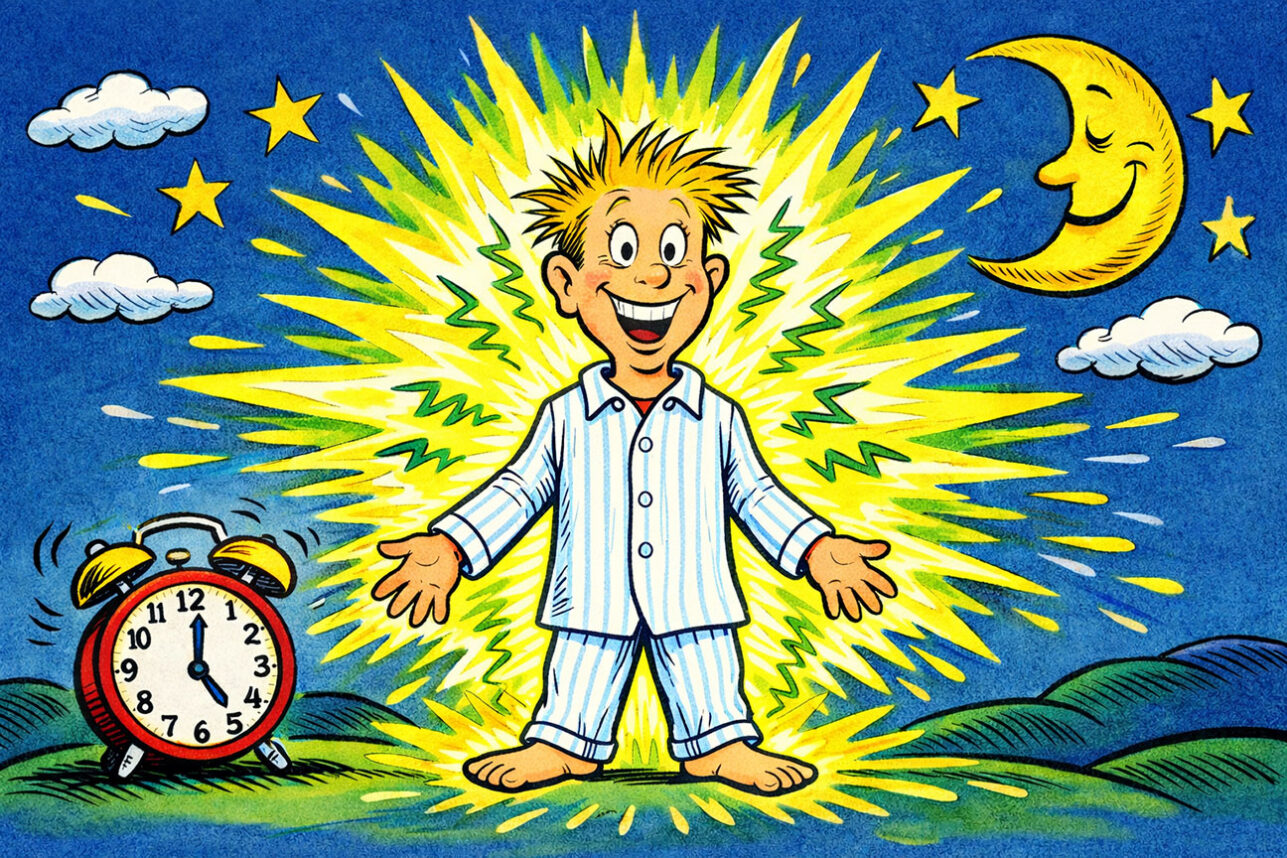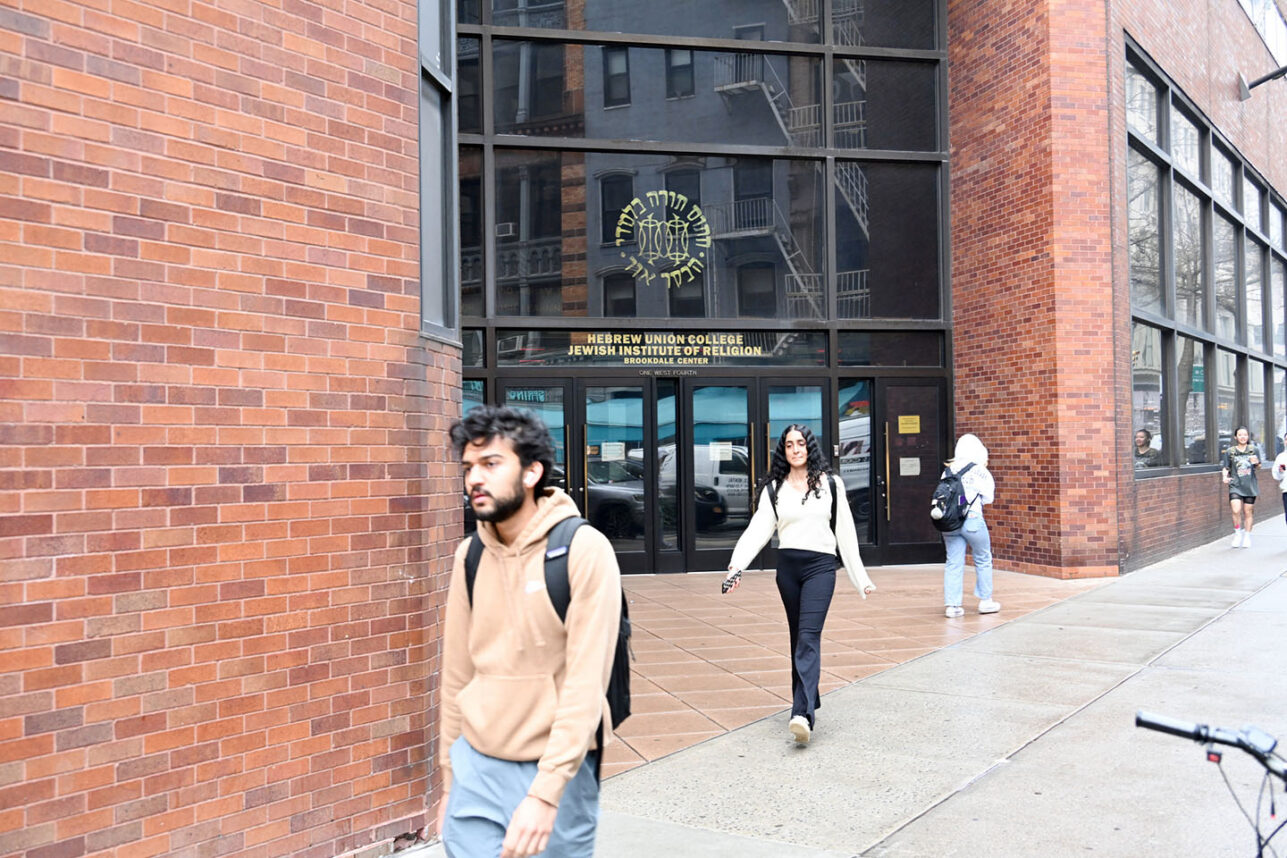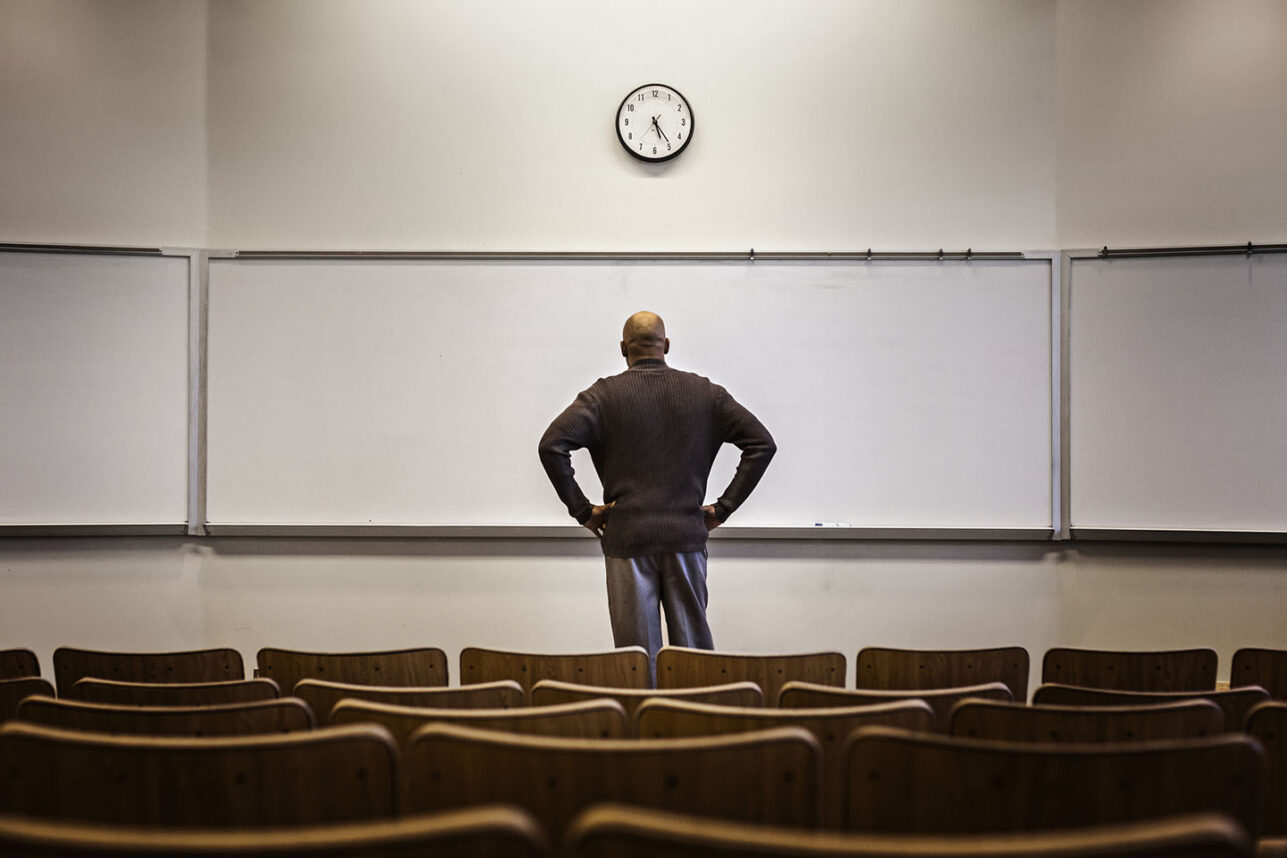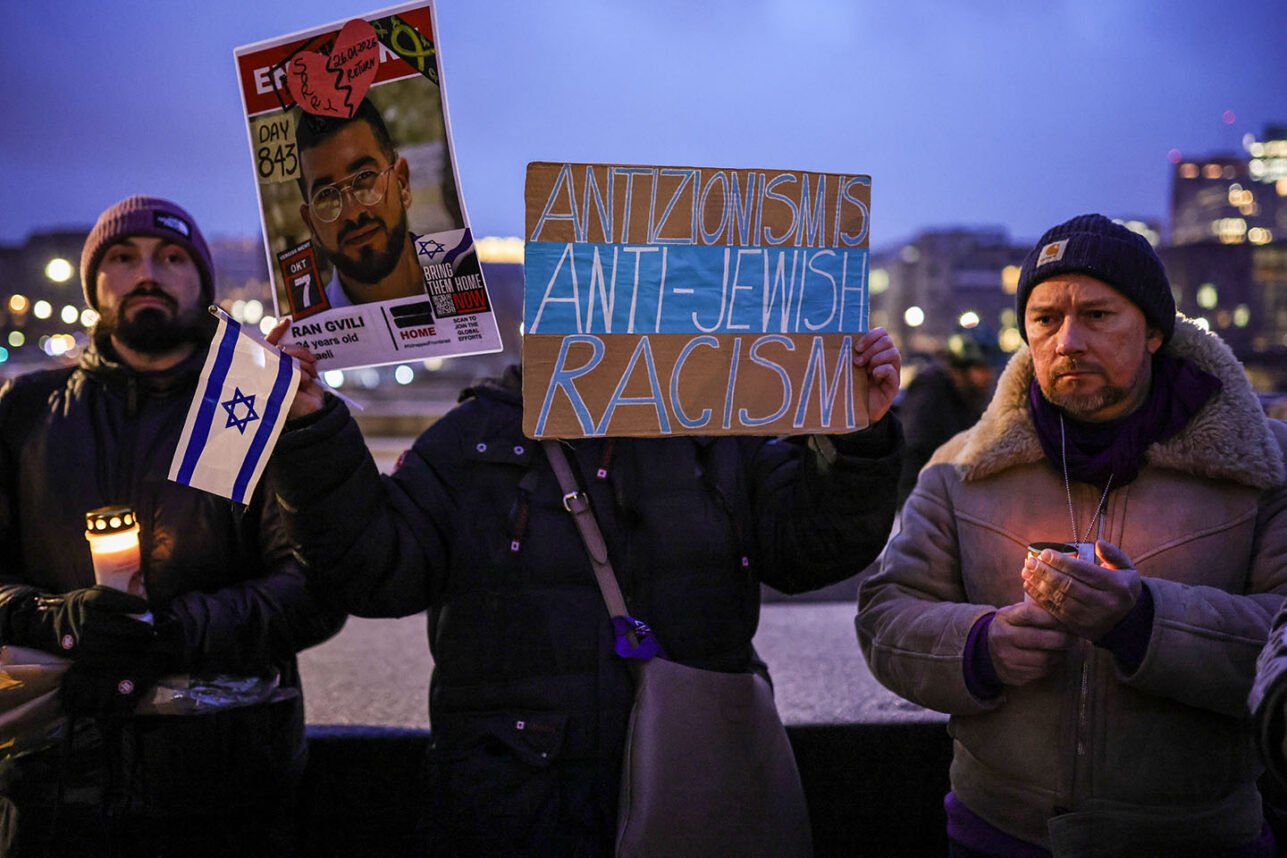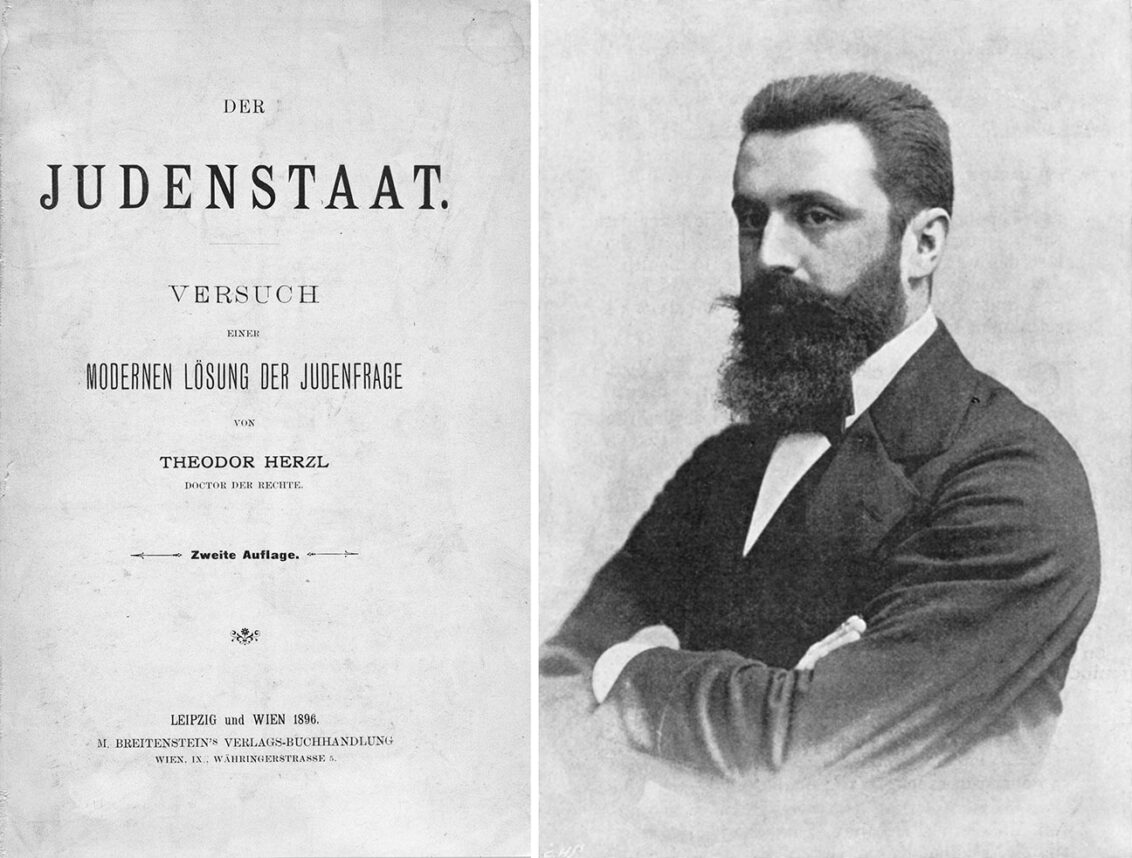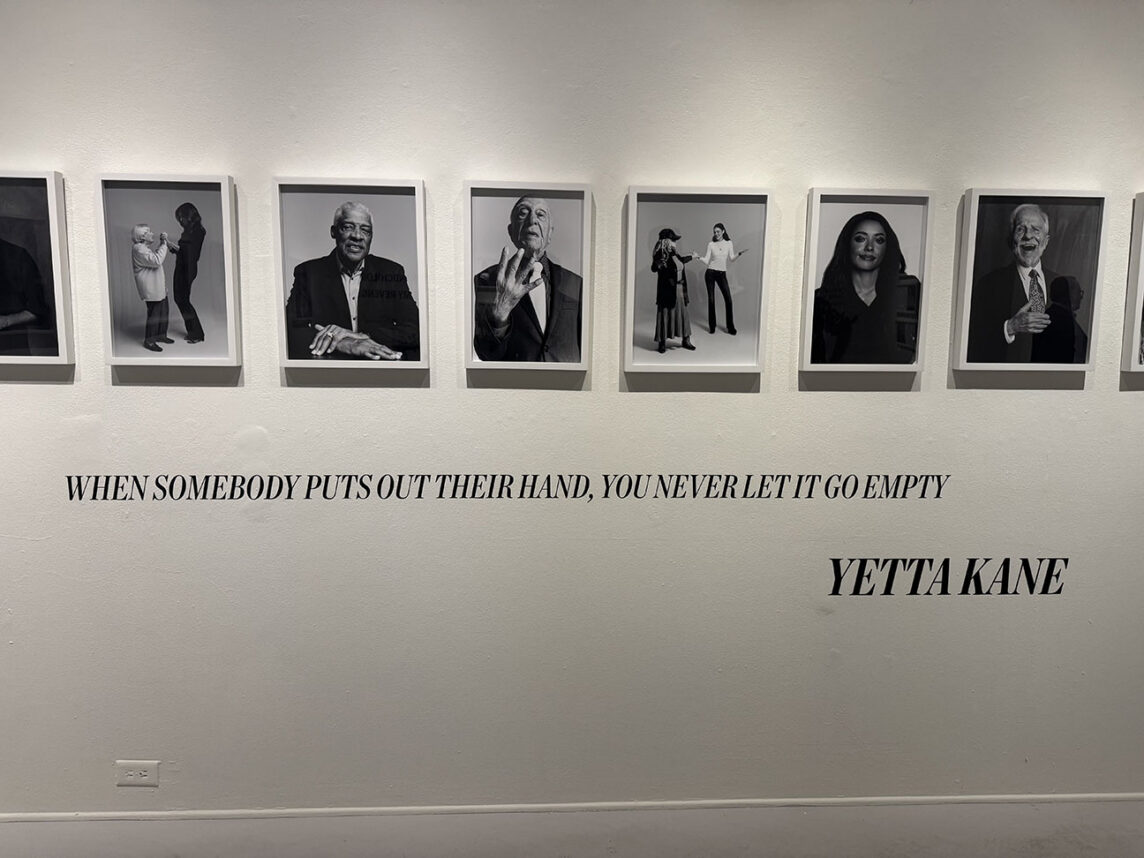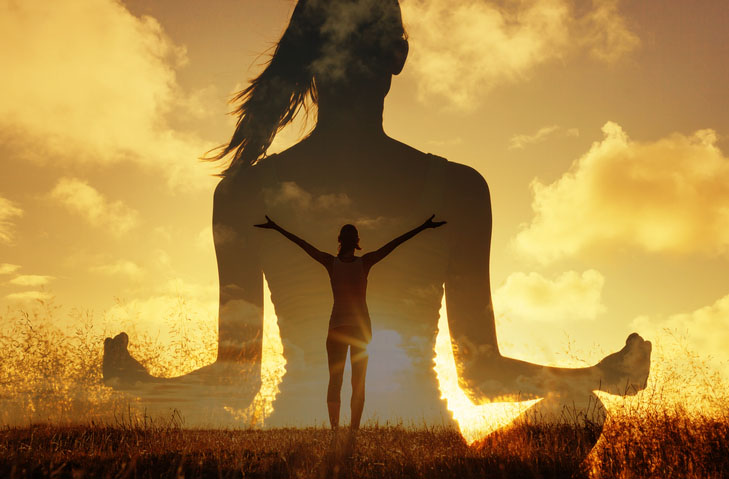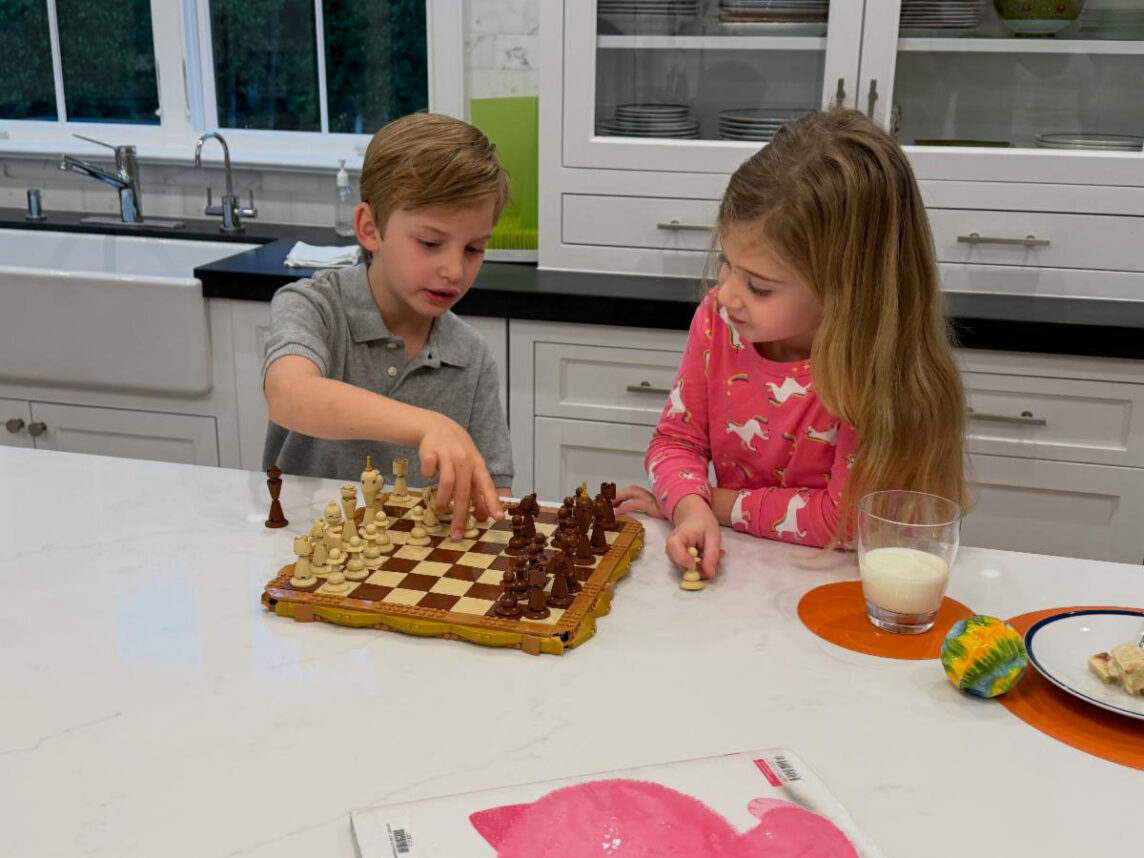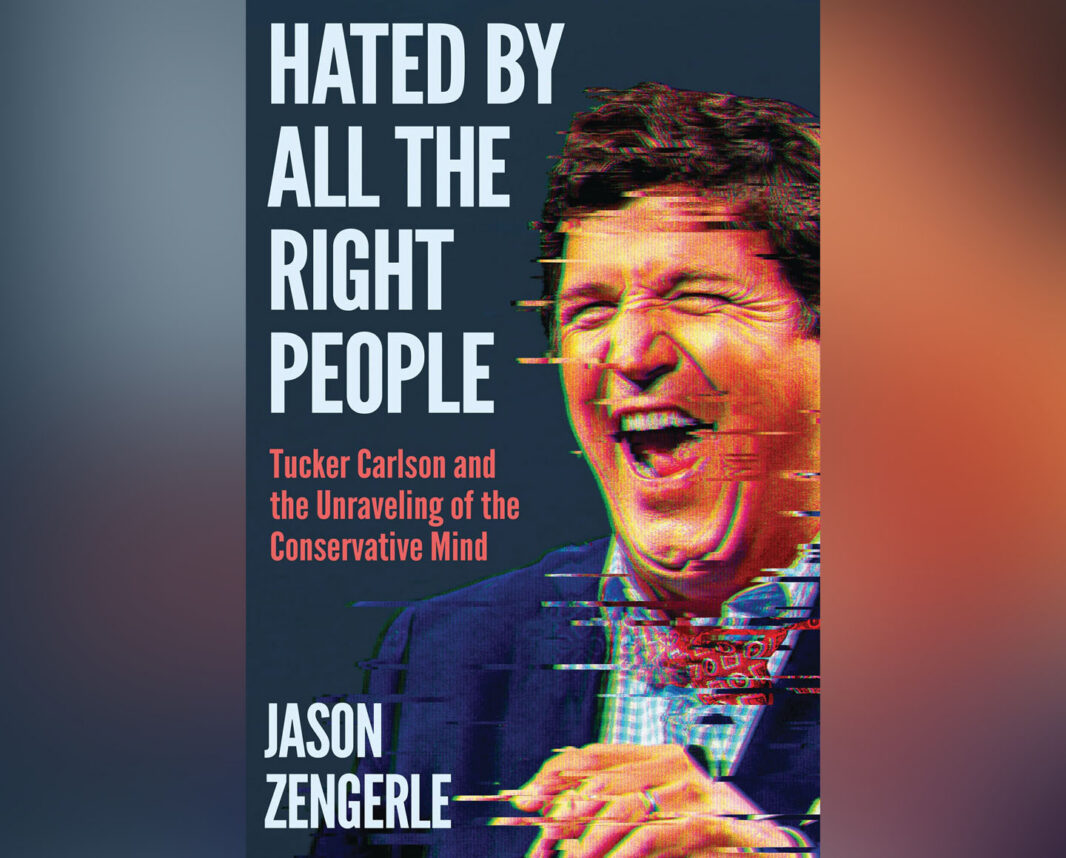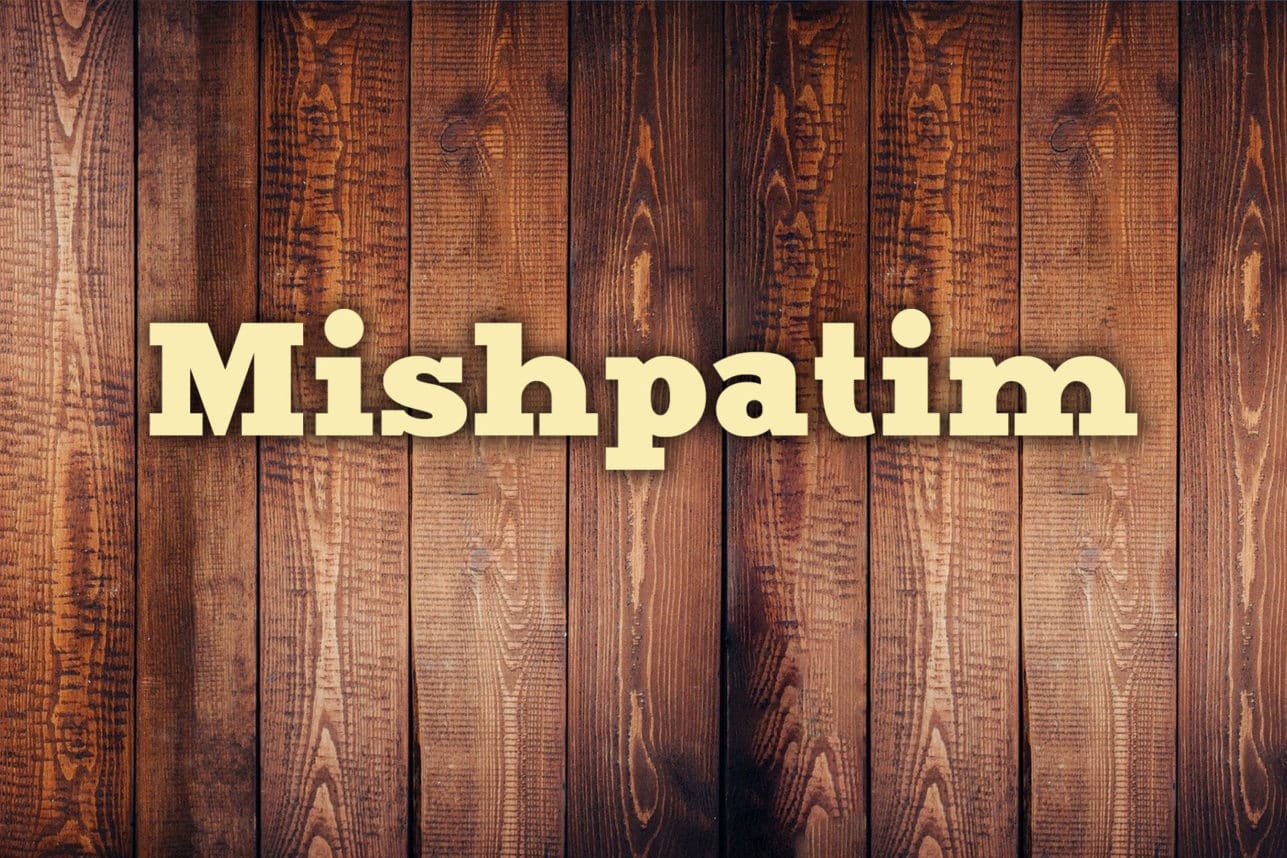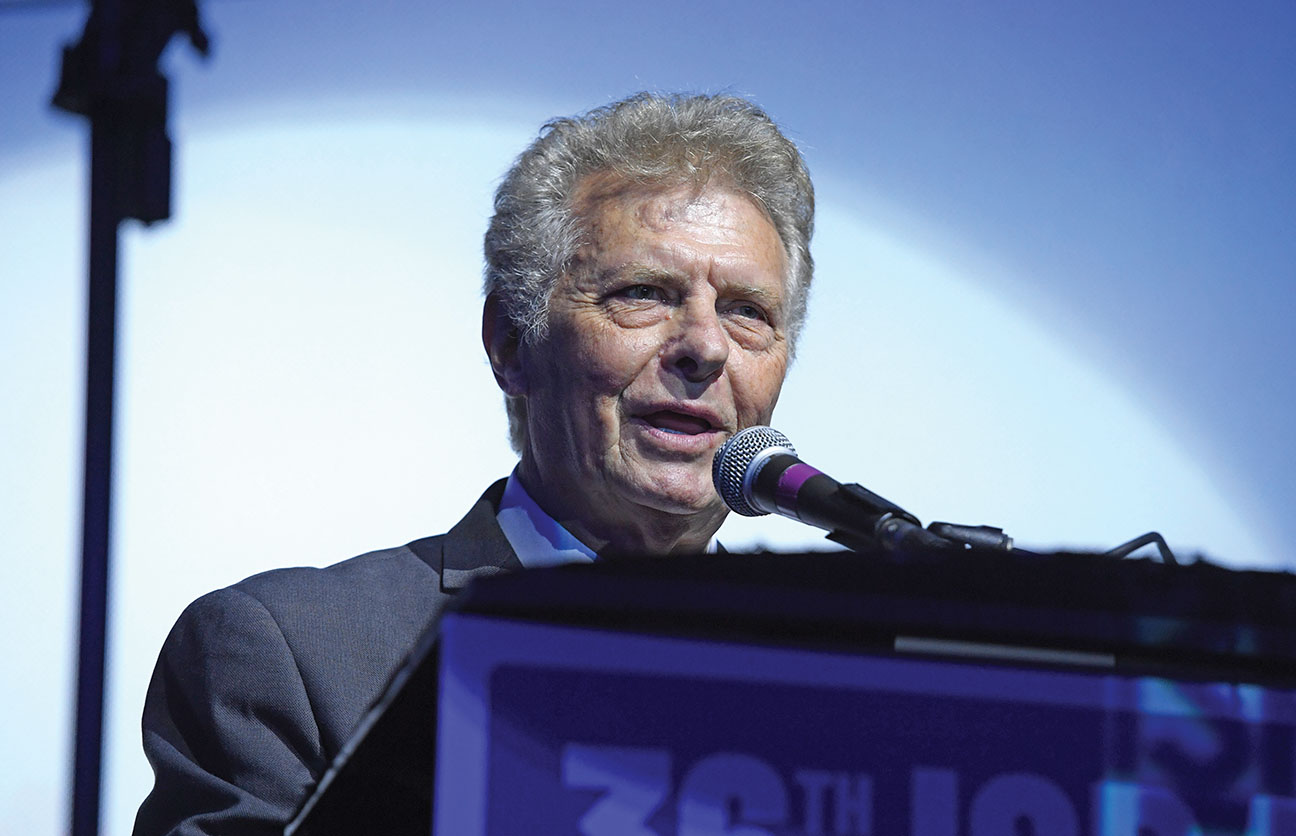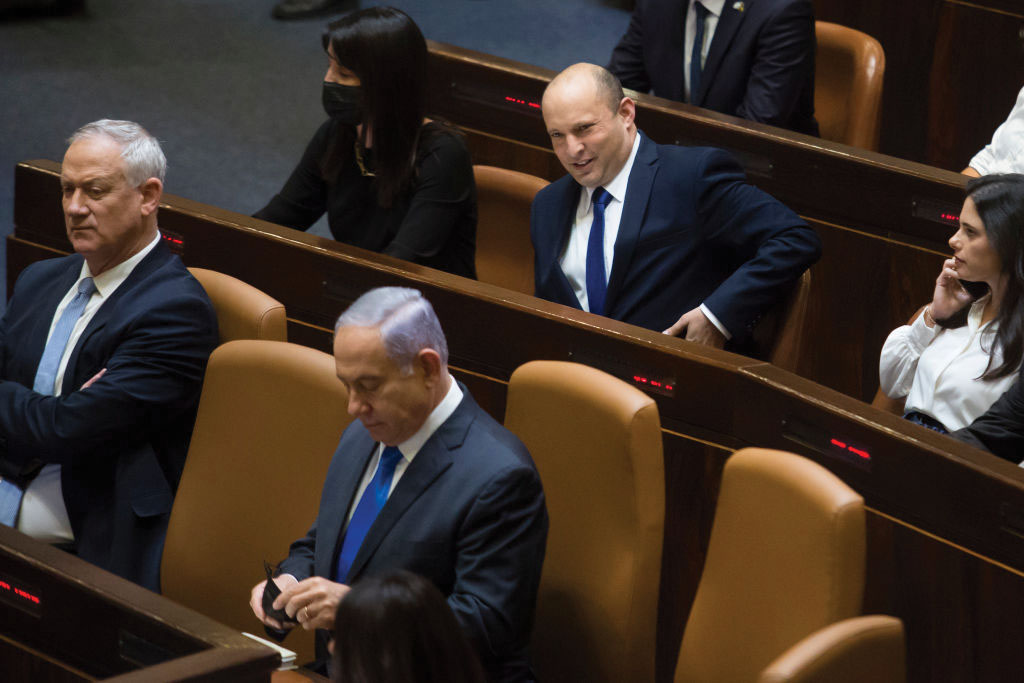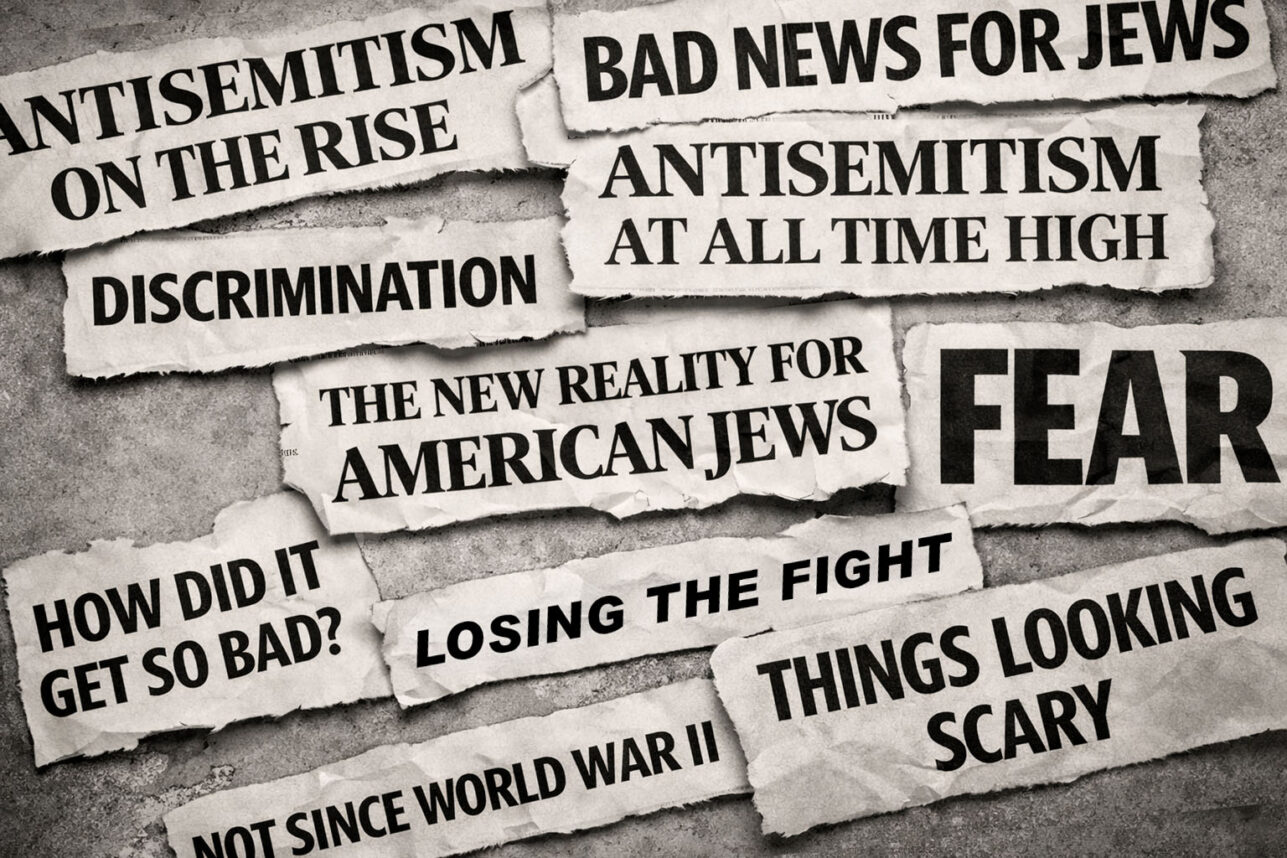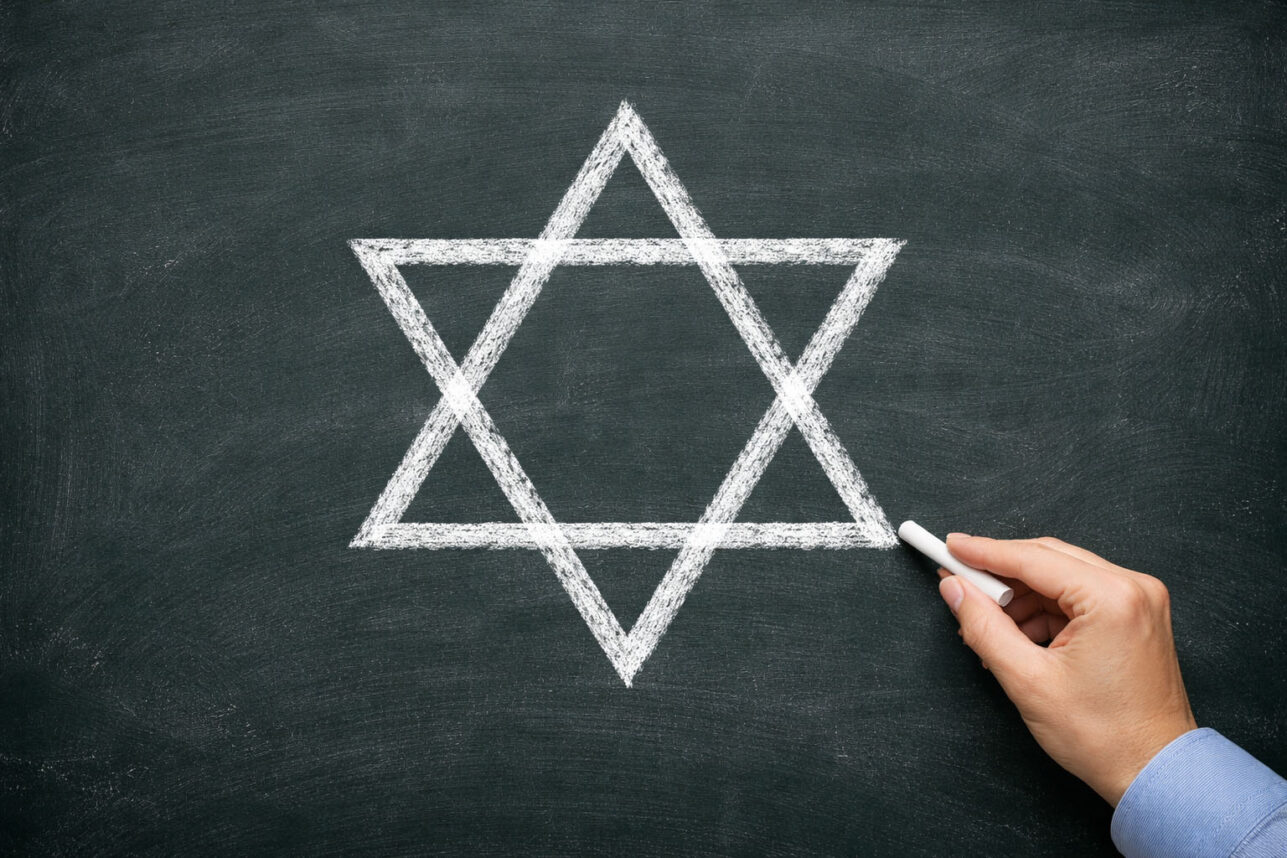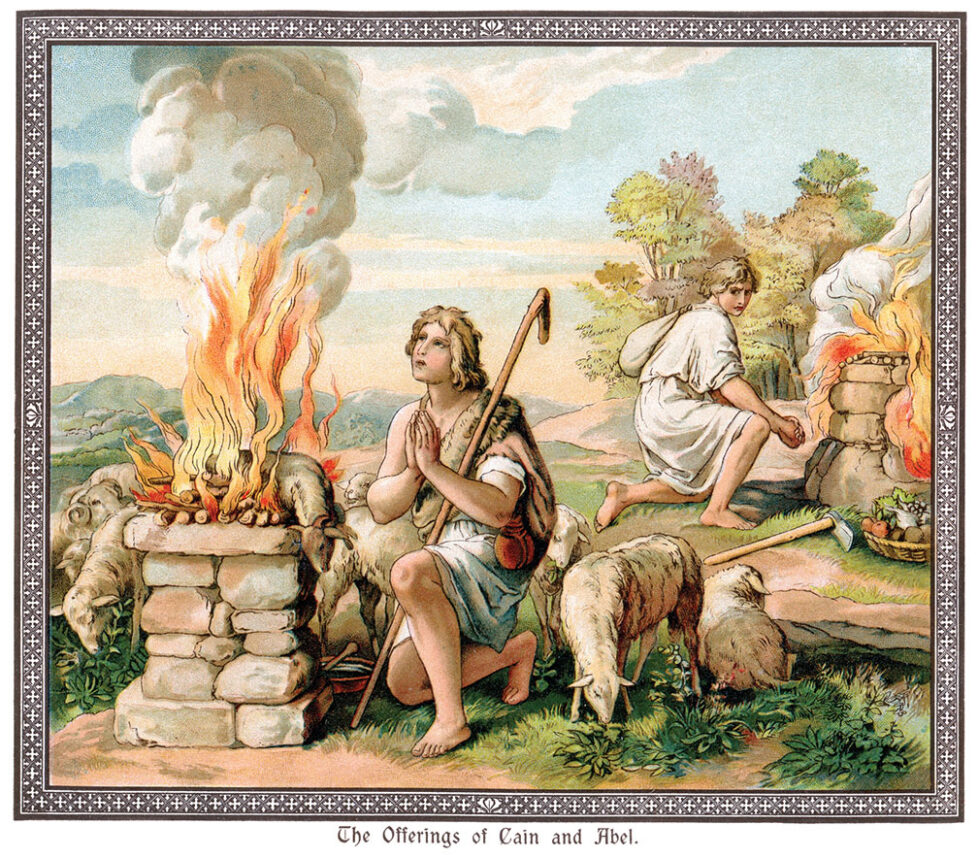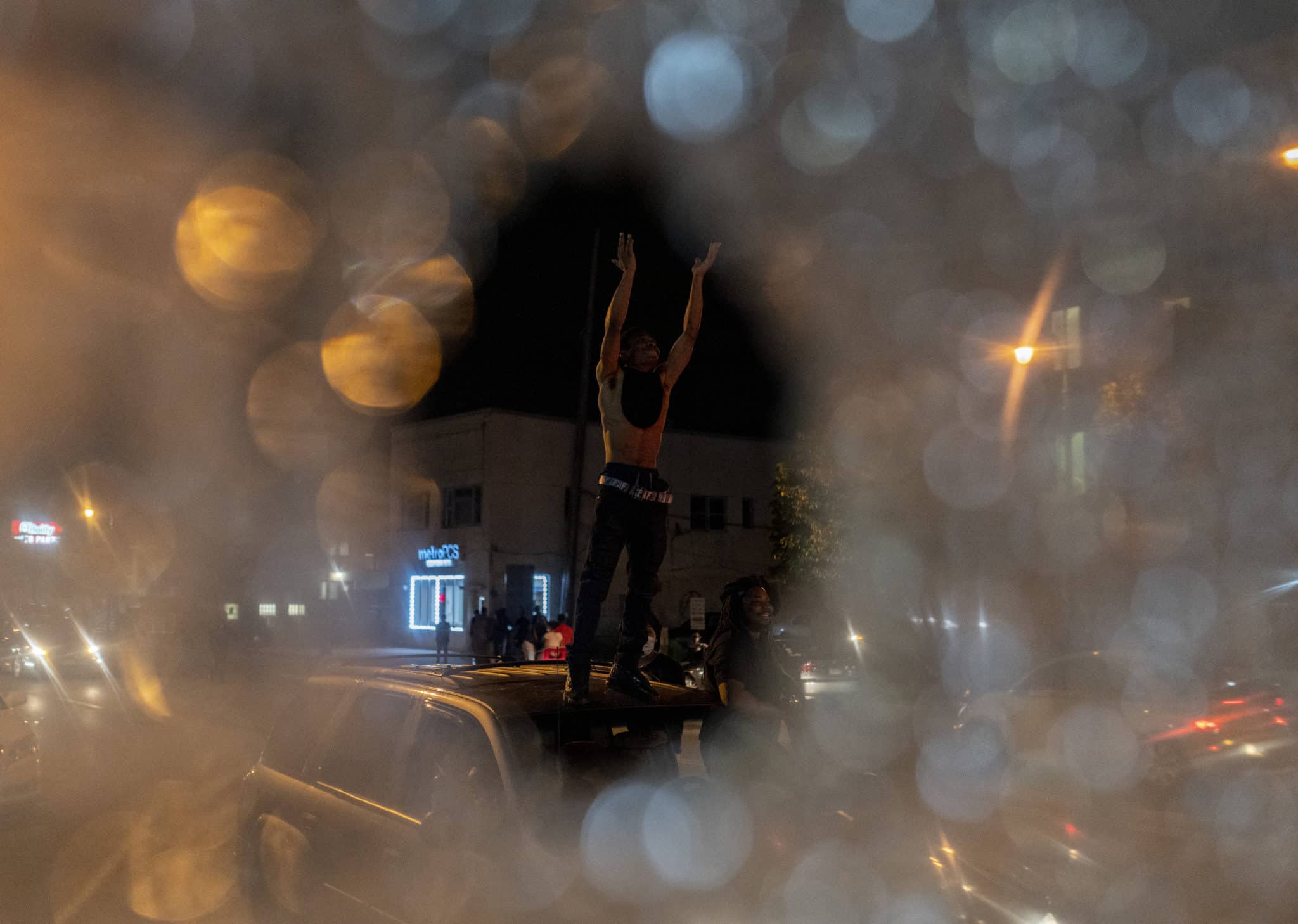
“Shun evil and do good” the Psalmist charges (Psalms 34:14). OK, we say, but why is that a two-step process? Why not just “do good?” As the kids used to say on Facebook — when the kids used to use Facebook — “it’s complicated.”
The Izbica Rebbe, a 19th-century Chassidic master, puzzled over the first verse in Chapter 19 of Exodus. “On the third new moon after the Israelites had gone forth from the land of Egypt, on that very day, they entered the wilderness of Sinai.” Israelites had arrived at the moment which would define their “being in the world,” their reason for existence, the height of their sojourn: the revelation at Sinai. Yet the moment was introduced by recalling the lowest moment in their spiritual, but especially their physical existence: Egypt, the house of bondage. Why mention Egypt in this context? The Izbica Rebbe replied to his own question: While it only took a short while to physically exit from Egypt, it took three months to get Egypt out of them. Before being able to hear the revelation of God, they had to get Egypt out of their souls. This is the “shun evil” that precedes the “do good” of the revelation.
What is Egypt in the Torah? Egypt is systemic oppression and racism. Egypt is the argument that one people has the right to enslave another people. Egypt is the argument that some humans are worth more than others. More than the physical oppression, the Israelites had to leave their intellectual and spiritual oppression — the belief that the Egyptians had a right to oppress them. Only then could they hear “I am God, your God, who has taken you out of the land of Egypt, the house of bondage.” For the first thing that God says, as the early 20th-century Rabbi Aharon Shmuel Tameres teaches us, is “I am God who despises cruel oppression.”
Once Israel has acted on sur me-ra, shun evil, then it can embrace the aseh tov, the “do good” of the rest of the Ten Commandments and all the other commandments.
After we have learned to be nonviolent, we might have the right to demand that others behave nonviolently.
We, in the United States, especially the white community (and white Jews among them), are still in the sura me-ra/shun evil stage. We still are implicated in the workings of systemic racism and white supremacy. One way we do this is that we demand black and brown protestors behave nonviolently. Many of us do this out of solid motivations, believing this is the way we would behave in the same situation. However, we have to ask the question: Do we embrace nonviolence now? Not in some hypothetical situation, but in our lives. The answer, I’m afraid, is no. Let me explain.
In those situations where we demand protestors behave nonviolently, what exactly are we doing? Well, law enforcement personnel, who are operating in our name, are carrying weapons (lethal and nonlethal) and are using them. “We” are responding to the protestors by rolling up in armored vehicles and deploying officers clad in full combat gear. “We” are asking the National Guard to patrol our streets. “We” reportedly are shooting rubber bullets, tear gas, tasers and live ammunition at the protestors.
In those situations where we demand protestors behave nonviolently, what exactly are we doing?
“We” are far from having learned to shun evil. We must train ourselves in nonviolence. The nonviolence of voting against expanded police budgets and expanded jail budgets at the expense of expanded education and health care budgets.
After we have learned to be nonviolent, we might have the right to demand that others, especially the others whom we have been oppressing for centuries, behave nonviolently.
Our ancestors, on the road out of slavery and toward Sinai were able to free themselves of Egypt — for a while, at least. We, who have benefited from the toil of enslaved people directly or indirectly, must commit ourselves to do the same, lest our country go the way of biblical Egypt.
First, we shun evil.
Aryeh Cohen is professor of rabbinic studies at American Jewish University.

